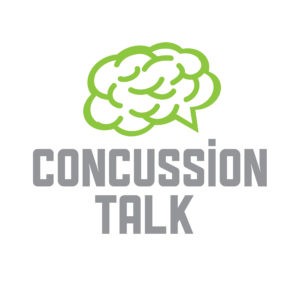Benjamin Gray , 18, was a defenceman for the J.L. Ilsley Judges – a high school hockey team from West Pennant, Nova Scotia (about 20 km from Halifax). By grade 12, he had sustained three concussions from playing high school hockey and, after taking time away from school and after his rage boiled over one day in August, his family took him to a specialist who told him not to play contact sports again. “I never felt healthy. There was just to much anxiety, depression and definitely anger problems.†The full story, written by Monty Mosher, is here: ‘A ticking time bomb’Â
Benjamin, hoping to help others in similar situations, wrote a letter discussing his experiences. Unfortunately, it is a story to which too many can relate. I urge young athletes, parents, educators, coaches and league administrators to read this letter and know that it was written by someone who is only 18:
I started playing hockey when I was 6 years old. I was dedicated, motivated and passionate about this sport and I trained hard at being the best player I could be. I never imagined that I would one day be told by a neurosurgeon that I could never play hockey again. At the age of 18, I was diagnosed with Post-Concussion Syndrome as a result of three concussions I had sustained while playing high school hockey. To say that this news was devastating and that it has impacted my life would be an understatement. My story, as I am learning, is like that of so many others.
By the time I had my third concussion, I was not allowed to play hockey for 6 weeks. I knew the only way to get my family doctor to sign the permission slip to allow me back on the ice was to lie about my symptoms. A doctor’s diagnosis/prognosis is only as effective as the concussed person’s ability to verbally express their symptoms. Therefore, I was in control of my fate — not anyone else.
That decision would end up being an irrational one. The symptoms I was trying to hide were headaches, dizziness and extreme fits of rage. The pressure of not wanting to let myself and others down was overwhelming. My grades, my personality, my angry outbursts, mood swings, lack of focus, indecisiveness, depression, frustration and anxiety were all too much to manage. It finally got to the point where I could no longer hide my symptoms and on Aug. 20, 2012, my mom called 911. My condition was having a profound effect on the people who care about me.
My symptoms have been exacerbated not only by the diagnosis, but by the trauma of the news that I will never play the sport I love again. How do you heal? How do you move on? My path to wellness has included counselling, researching, diet (green tea to help with anxiety; food rich in anti-oxidants to help my brain heal), rest, patience, a new black lab puppy (a gift from my parents) and a new car (a new focus and sense of accomplishment for me).
I do not know what my future holds, let alone how each day will unfold, but I do know that my story may help shed some light on the constant array of emotions a concussed 18-year-old person feels. As my mother tries to relay to me, as rotten a deal as this has been, “it could be so much worse “ — I could be in a hospital bed. She says my life is meant to have a different purpose. I just have to try and figure out what that purpose may be. I have to make sure that this experience and diagnosis do not define me or my potential.
Benjamin B. B. Gray
West Pennant, N.S.
The media in Halifax have done a good job covering Benjamin Gray’s story.
Another letter from Halifax’s Chronicle Herald about Benjamin Gray and education about brain injury.
A news story (video) on Global News Halifax about Benjamin Gray.

Leave a Reply